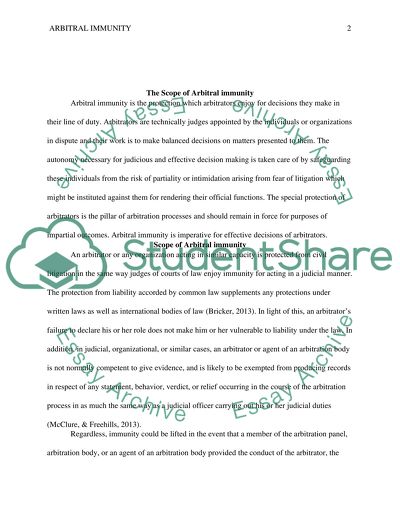Cite this document
(“Arbitral Ammunity Assignment Example | Topics and Well Written Essays - 2750 words”, n.d.)
Arbitral Ammunity Assignment Example | Topics and Well Written Essays - 2750 words. Retrieved from https://studentshare.org/law/1677605-arbitral-ammunity
Arbitral Ammunity Assignment Example | Topics and Well Written Essays - 2750 words. Retrieved from https://studentshare.org/law/1677605-arbitral-ammunity
(Arbitral Ammunity Assignment Example | Topics and Well Written Essays - 2750 Words)
Arbitral Ammunity Assignment Example | Topics and Well Written Essays - 2750 Words. https://studentshare.org/law/1677605-arbitral-ammunity.
Arbitral Ammunity Assignment Example | Topics and Well Written Essays - 2750 Words. https://studentshare.org/law/1677605-arbitral-ammunity.
“Arbitral Ammunity Assignment Example | Topics and Well Written Essays - 2750 Words”, n.d. https://studentshare.org/law/1677605-arbitral-ammunity.


